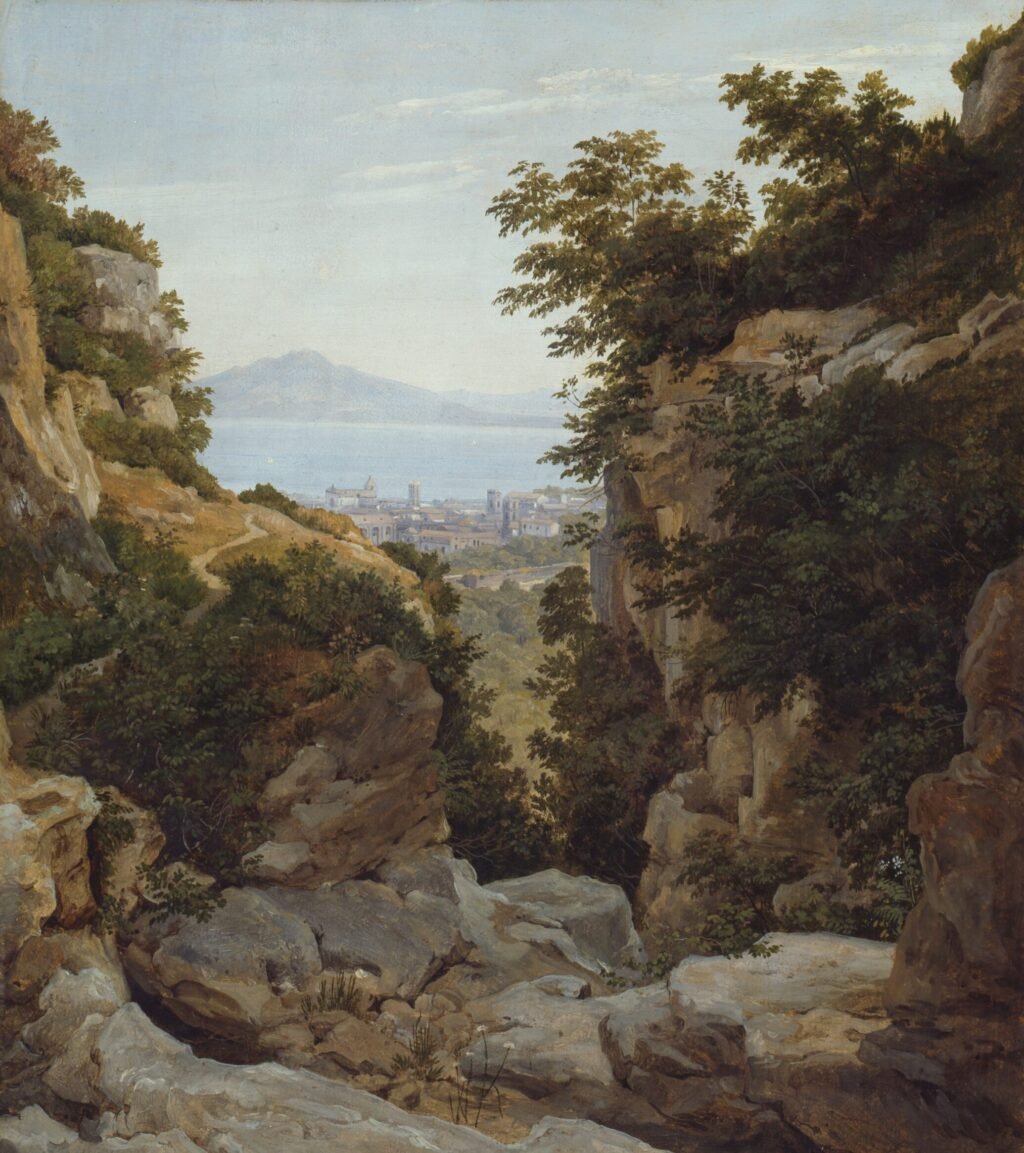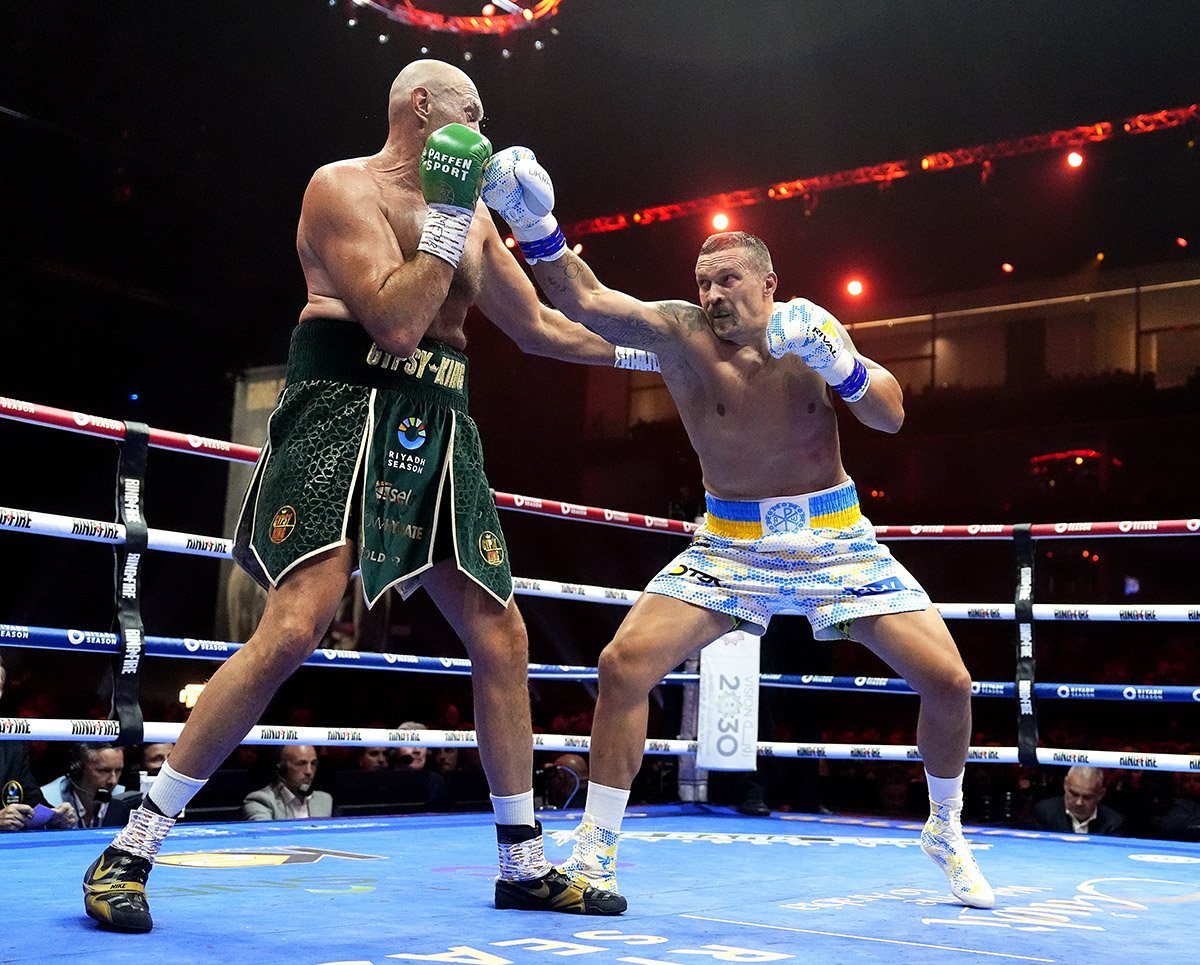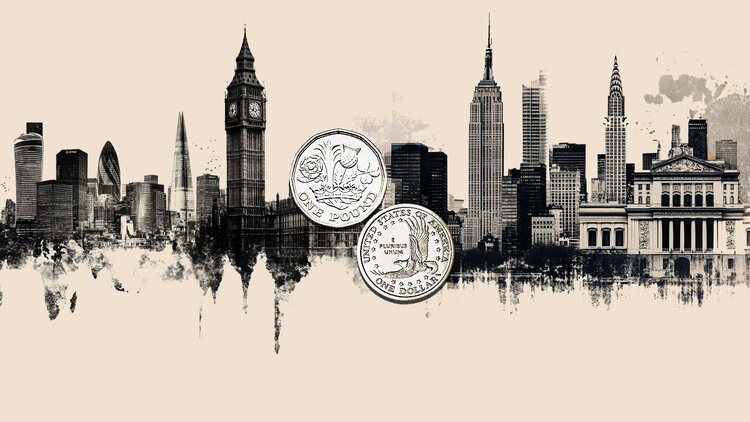Old English produced Beowulf, as well as the shorter poems and startling fragments that hint at what has been lost; Middle English gave us Chaucer (an age unto himself) and The Canterbury Tales. In Modern English rose the Elizabethans (Spenser, Shakespeare, and a raft of poets and playwrights almost as good); the Restoration and Augustan poets (Milton, Dryden, Pope); then the Romantics (Blake, early on, followed by Byron, Shelley, Keats); and finally the Moderns (Frost, Stevens, Williams, Pound, Eliot, and Marianne Moore). There have been many fine generations since, each a little less attractive and groundbreaking than the one preceding it. For a long while, the post-war American poets seemed to make a sixth age; but the reputations of Berryman, Jarrell, and Roethke have faded, and that generation has contracted to Robert Lowell and Elizabeth Bishop. I’d add Amy Clampitt, who, though born in 1920, didn’t publish her first book until she was sixty-three and is still, thirty years after her death, massively underrated.
This whistle-stop tour ignores poets, like Whitman and Dickinson, who had no generation to support or challenge them, as well as later poets like Hart Crane and Dylan Thomas, slightly outside the generations mentioned. W. H. Auden, a generation unto himself, far outdistanced the poets with whom he was once associated, Stephen Spender and C. Day-Lewis. Of American poets born after the Civil War, Pound and Eliot have the strongest claim on long attention, though both in recent years have fallen under the






